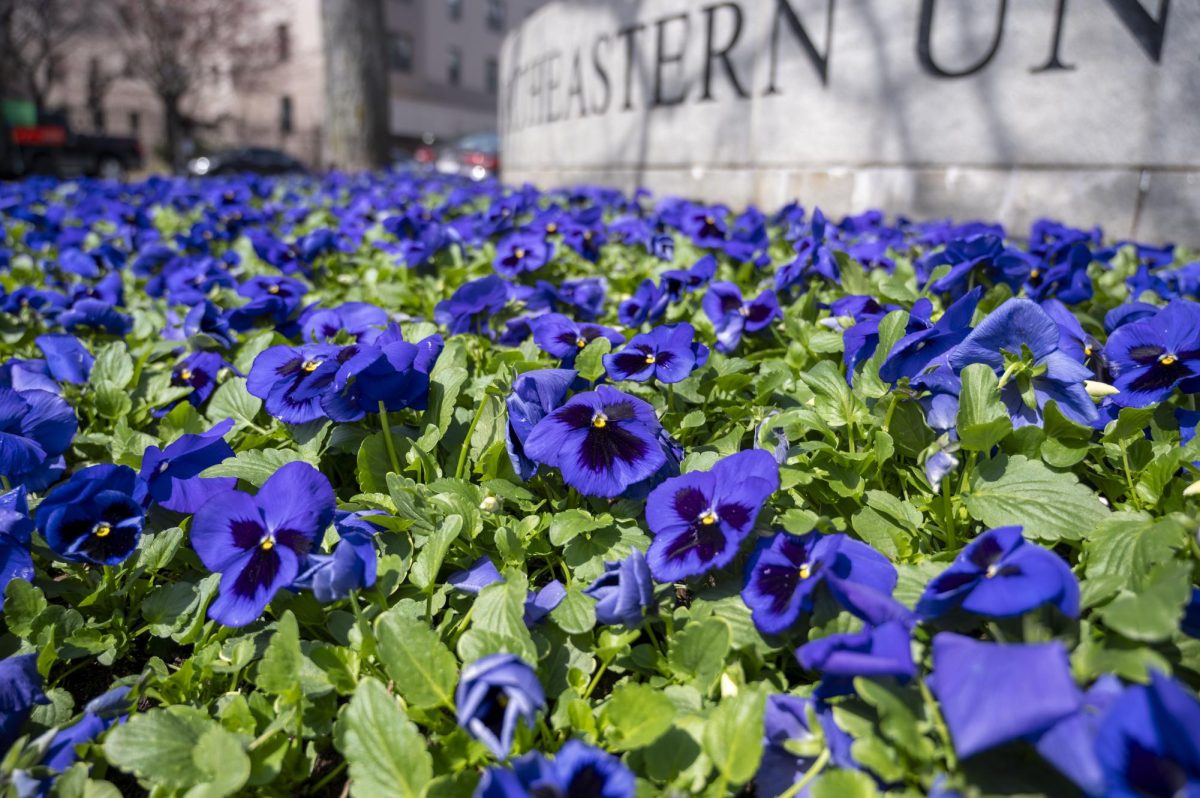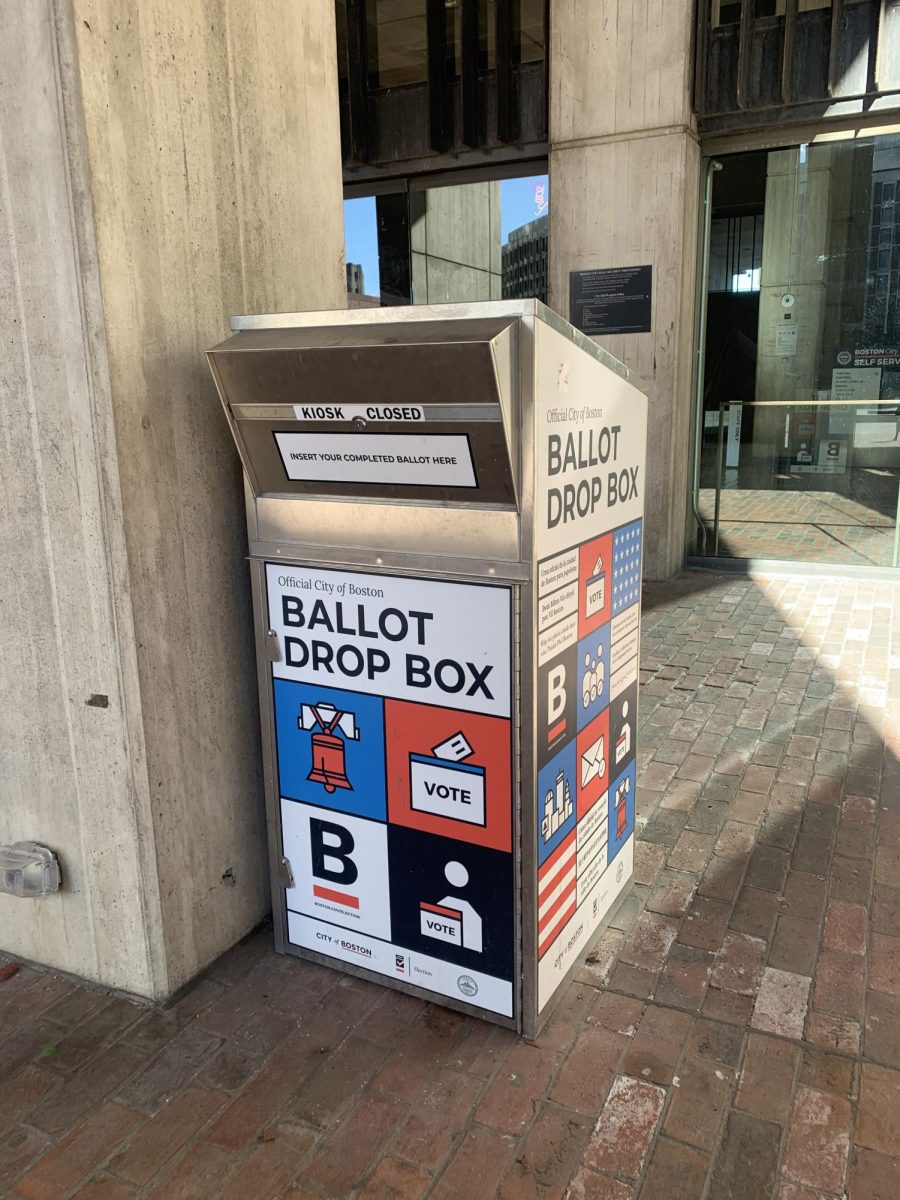By Juliana McLeod
Seven weeks ago, I was slurping a 100 Ruble ice cream cone under a large, red umbrella, inscribed with “макдоналдс.” I did not consider the mouthful of pure sugar a momentous moment, but after reading a recent article, it is time I think otherwise.
In late August, four McDonald’s restaurants throughout Moscow closed down, supposedly due to sanitary code violations, according to the New York Times article “A Fast-Food Symbol of America Falls in Moscow.” My quick trip to a McDonald’s in Red Square turned out to be the last time I may ever visit that particular store.
Signs are posted on the doors of the closed restaurants, blaming technical difficulties and apologizing for any inconvenience. But this does not convince some customers.
Sanat Parmanova, a Russian woman featured in the Times article, was highlighted in the beginning of the article as an unsuspecting and hungry customer. Once she discovered the end of an American chain era, she immediately blamed the bad relations between the US and Mother Russia.
“It’s only because of a conflict between the presidents that it has been shut down,” Parmanova claimed in the article. As a means of correcting the situation, the McDonald’s corporation is set to fix the problems and reopen the closed stores as soon as possible, according to the story.
This attempt by the multi-billion dollar company to right a wrong may fall silent. If the rumors are true, the fast food chain that coined the advertising slogan “I’m lovin’ it” will not win this battle by implementing stricter policies on sanitary conditions. The entity would have to take a step into the world of politics.
The entire situation is surrounded by a world of “ifs.” If the rumors are true and if closing McDonald’s is a tactic on Russia’s part, how effective will this tactic be?
After spending five weeks in Russia this past summer, I can say that closing down four McDonald’s locations in Moscow does not even scrape the surface of American influence that has touched the humongous country. Four McDonald’s restaurants are needles in a haystack compared to the amount of McDonald’s stores that cover the country – about 433 locations, according to the official Russian McDonald’s site.
This is only dabbling in fast food enterprises. What about the other American chain restaurants that cover Eurasia? There are KFC, Cinnabon, Starbucks, Subway, Burger King and more. Even then, that is only the food sector.
American retail stores are plastered all over Russia, including American Eagle Outfitters and Nike. Looking for jewelry? Try out Tiffany and Co. Want an American phone? Apple has the Russians covered. There is no lack of American chains pushing their way into the country, right along with McDonald’s.
If Russia is attempting to dissuade American influence, the country is going to have to do a lot more than close down four McDonald’s. The government would have to stop people from wearing shirts with English written on the front and forbid residents from using parts of the English language in their vocabulary.
If Russia was trying to make a point though, then the country succeeded. Dozens of news outlets have covered the closings, including CNN, Huffington Post, The Guardian, The Moscow Times and, as mentioned earlier, The New York Times. Russia certainly achieved grabbing the world’s attention and making us stop for a moment to debate whether the country is truly ridding itself of anything American.
If so, it is a long haul, but one that Russia may be willing to do.














